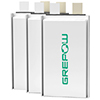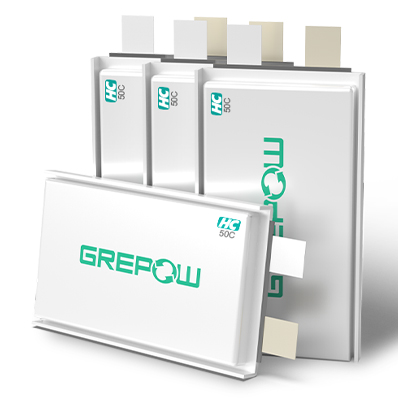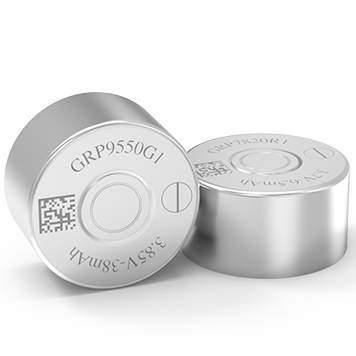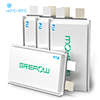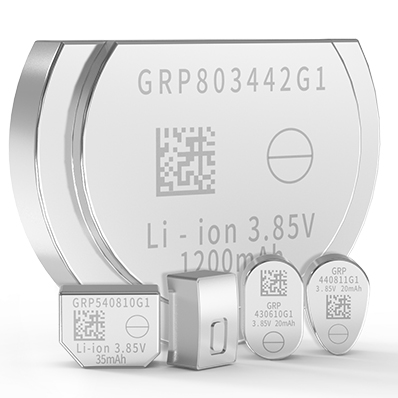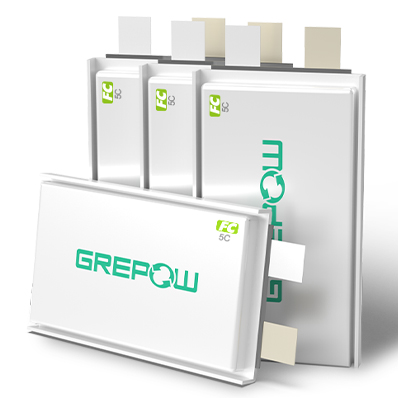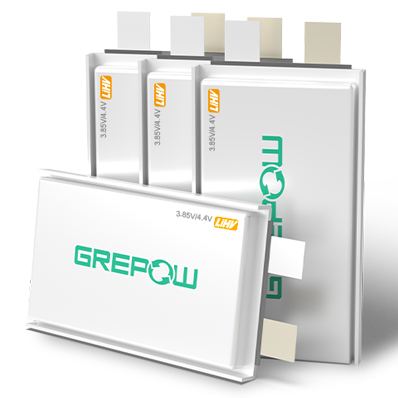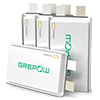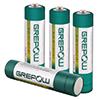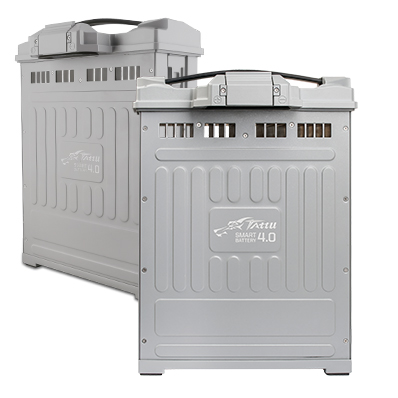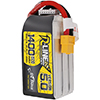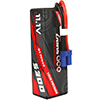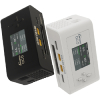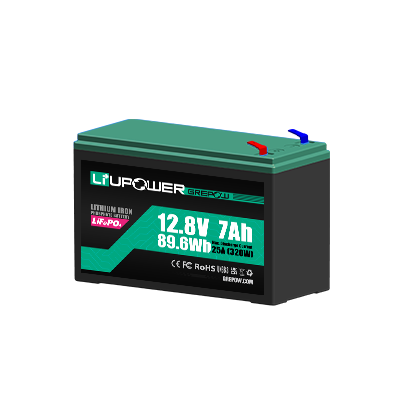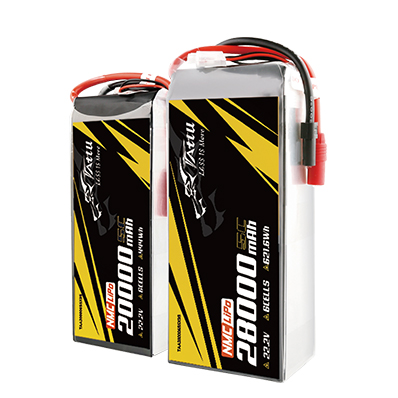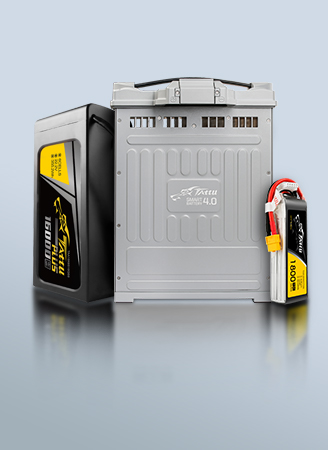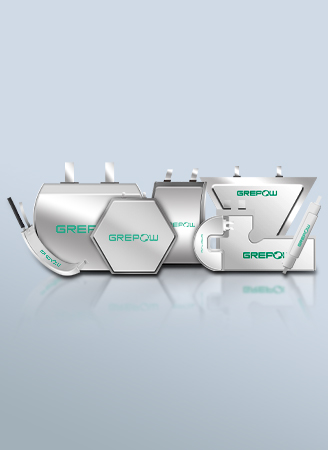What Is LiFePO4 Battery and Why Use It?
LiFePO4 battery becomes more and more popular because of their safety, longevity, and reliability. But what is a LiFePO4 battery, when to choose use it and why it is so expensive? This article will take you into the world of LiFePO4 battery and help you decide whether you should use LiFePO4 batteries.
What Is a Lifepo4 Battery?
The LiFePO4 battery (lithium iron phosphate) or LFP battery (lithium ferrophosphate) is a specific type of lithium-ion battery known for its robust safety features and impressive cycle life. Unlike traditional lithium-ion batteries, LiFePO4 battery uses iron phosphate as the cathode material, which is less prone to thermal runaway compared to other lithium-ion chemistries. This unique composition imparts remarkable safety features, increased thermal stability, and an extended cycle life to LiFePO4 batteries, making them ideal for vehicle use, utility-scale stationary applications, and backup power.
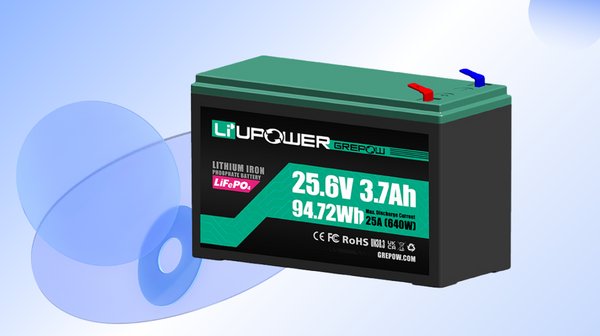
Is Lithium Iron Phosphate Battery Good?
Lithium iron phosphate battery is considered to be a good choice for various applications, and it offers several advantages that make it stand out among other lithium-ion battery chemistries. Here are some key reasons why LiFePO4 batteries are regarded as favorable:
● Safety First: The chemical composition of LiFePO4 batteries inherently reduces the risk of overheating and thermal runaway, making them a safer choice, particularly for applications like electric vehicles.
● Long Cycle Life: LiFePO4 batteries exhibit a longer cycle life compared to traditional lithium-ion batteries, making them ideal for applications requiring durability and longevity.
● Stability: The iron phosphate chemistry enhances the thermal stability of LiFePO4 batteries, allowing them to perform reliably across a wide range of temperatures.
When to choose to Use LiFePO4 Batteries?
When considering LiFePO4 batteries, it's important to evaluate the specific requirements of the application and weigh factors such as safety, cycle life, temperature stability, and cost against the energy density to determine if LiFePO4 batteries are the most appropriate choice for the given use case.Here are some scenarios where choosing LiFePO4 batteries might be appropriate:
● Safety Concerns: LiFePO4 batteries are known for their enhanced safety compared to other lithium-ion batteries. They are less prone to thermal runaway and are more stable under high temperatures or abuse conditions. If safety is a top priority, LiFePO4 batteries are a good choice.
● Long Cycle Life: LiFePO4 batteries typically have a longer cycle life compared to other lithium-ion batteries. This makes them suitable for applications where the battery will undergo frequent charge and discharge cycles, such as in renewable energy storage systems, electric vehicles, and certain portable electronic devices.
● Stability in High Temperatures: LiFePO4 batteries perform well in high-temperature environments, making them suitable for applications where temperature fluctuations are common. This is particularly important in automotive applications where batteries may experience varying temperatures during operation.
● Power Density is Not the Primary Concern: While LiFePO4 batteries may have a lower energy density compared to some other lithium-ion batteries, they compensate with other advantages like safety and longevity. If a specific application prioritizes safety and cycle life over having the highest energy density, LiFePO4 batteries could be a good fit.
● Grid Energy Storage: LiFePO4 batteries are commonly used in grid energy storage systems due to their long cycle life and safety features. They are employed to store excess energy generated during periods of low demand and release it during peak demand times.
● Marine and RV Applications: LiFePO4 batteries are increasingly popular in marine and RV applications due to their ability to provide a stable power supply, high discharge current, and longevity. They are also more resistant to vibration and shocks.
● Off-Grid Solar Systems: LiFePO4 batteries are well-suited for off-grid solar systems where reliable and long-lasting energy storage is crucial. Their safety features and ability to withstand a large number of charge-discharge cycles make them a preferred choice.
How to Choose a Lfp Battery?
Choosing the right LiFePO4 battery involves considering several factors to ensure it meets the specific requirements of your application. Here are key considerations when selecting LiFePO4 batteries:
● Consider Your Application: Assess the specific requirements of your application, including power needs, size constraints, and the environment in which the battery will operate.
● Evaluate Cycle Life: If your application involves frequent cycling, prioritize batteries with a longer cycle life to ensure extended durability.
● Size and Weight: LiFePO4 batteries come in various sizes and weights. Choose a size and weight that aligns with the spatial and weight limitations of your application.
Why Are LiFePO4 Batteries So Expensive?
The high cost of LiFePO4 batteries is mainly due to the prices of raw materials. The raw materials used in LiFePO4 batteries, including lithium, iron, and phosphate, can contribute significantly to the overall cost. As global demand for lithium-ion batteries rises, fluctuations in raw material prices can impact the cost of manufacturing lfp batteries. It's important to note that advancements in technology, increased production volumes, and market competition can lead to cost reductions over time. As the adoption of LiFePO4 batteries continues to grow, economies of scale and improvements in manufacturing processes may contribute to a decrease in the overall cost of LiFePO4 batteries in the future.
Conclusion
What is LiFePO4 battery? We hope this article will provide you with a relatively clear answer. LiFePO4 batteries stand at the forefront of lithium-ion technology, offering a compelling blend of safety, longevity, and versatility. While their upfront cost may be higher, the long-term benefits, especially in terms of safety and reliability, make them an attractive choice for critical applications. As a global leader in LiFePO4 battery cell manufacturing, Grepow offers professional customization solutions for LiFePO4 battery packs and Battery Management Systems (BMS), catering to your specific application requirements. If you have any questions or needs, please feel free to contact us at info@grepow.com.
Related Articles:
What Are the Advantages and Disadvantages of Lfp Battery?
How to Charge LiFePO4 Battery?
LiFePO4 vs. LiPo: What’s the Difference?
LFP vs NMC Battery: Exploring the Differences
Why do the Voltage of LiFePO4 Batteries Drop Back?
Related Articles
-
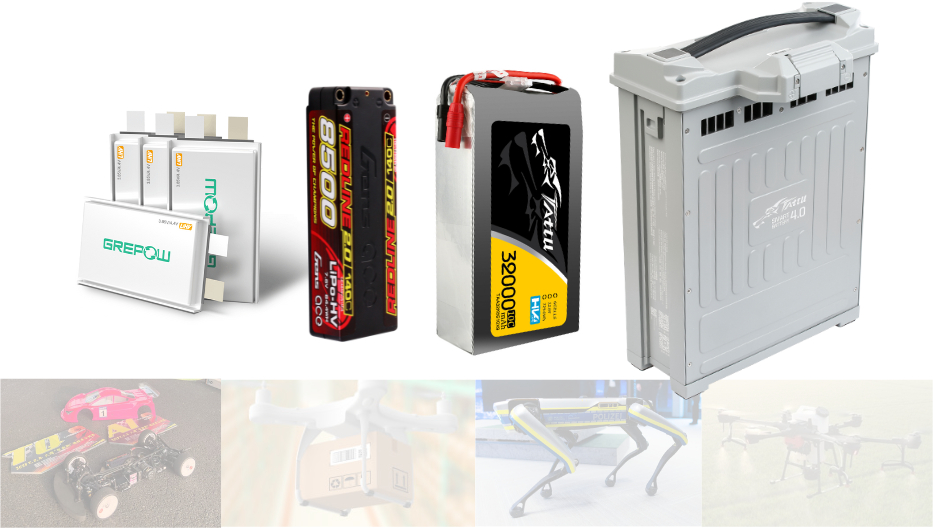
High Voltage Batteries: Basics & Applications Guide
2025-02-28 -
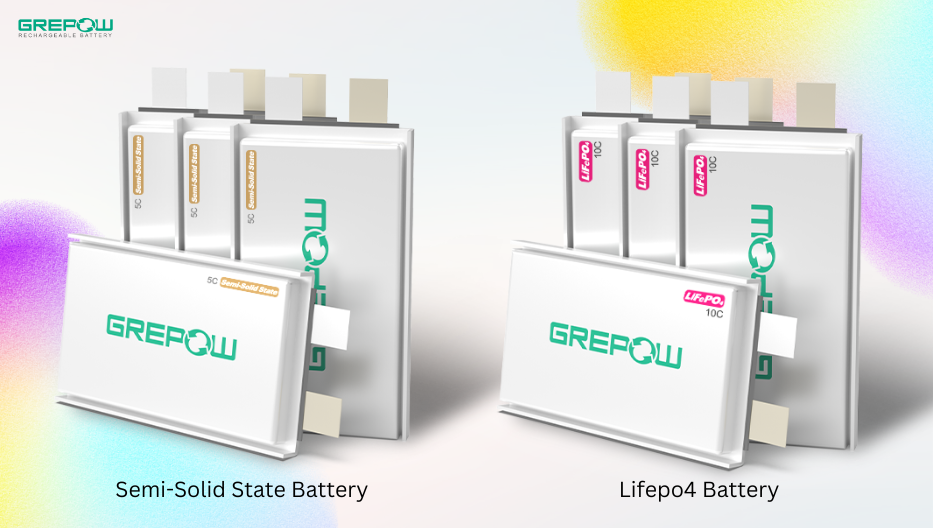
Semi Solid State Battery vs Lifepo4 Battery: What's the Difference?
2025-01-20 -

How Drone Light Shows Are Created and Key Battery Power Requirements
2024-10-21
Related products
-
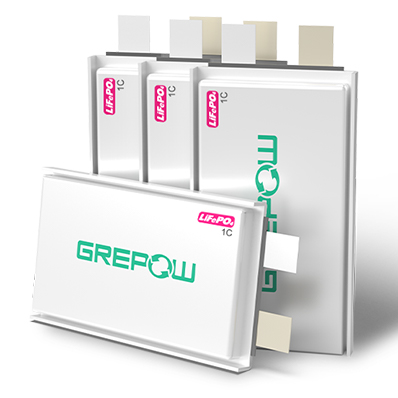
1C Discharge Rate Lithium Iron Phosphate Battery Cells
-
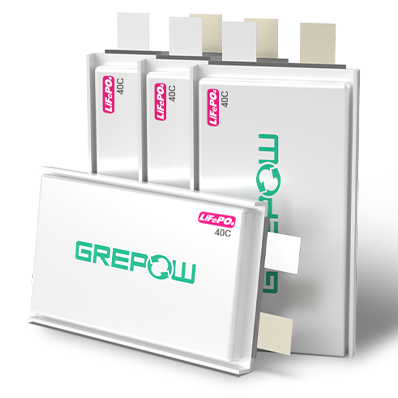
40C High Discharge Rate LiFePO4 Battery Cells
-
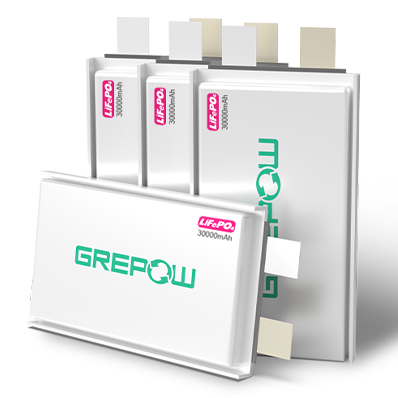
High Capacity LiFePO4 Battery

